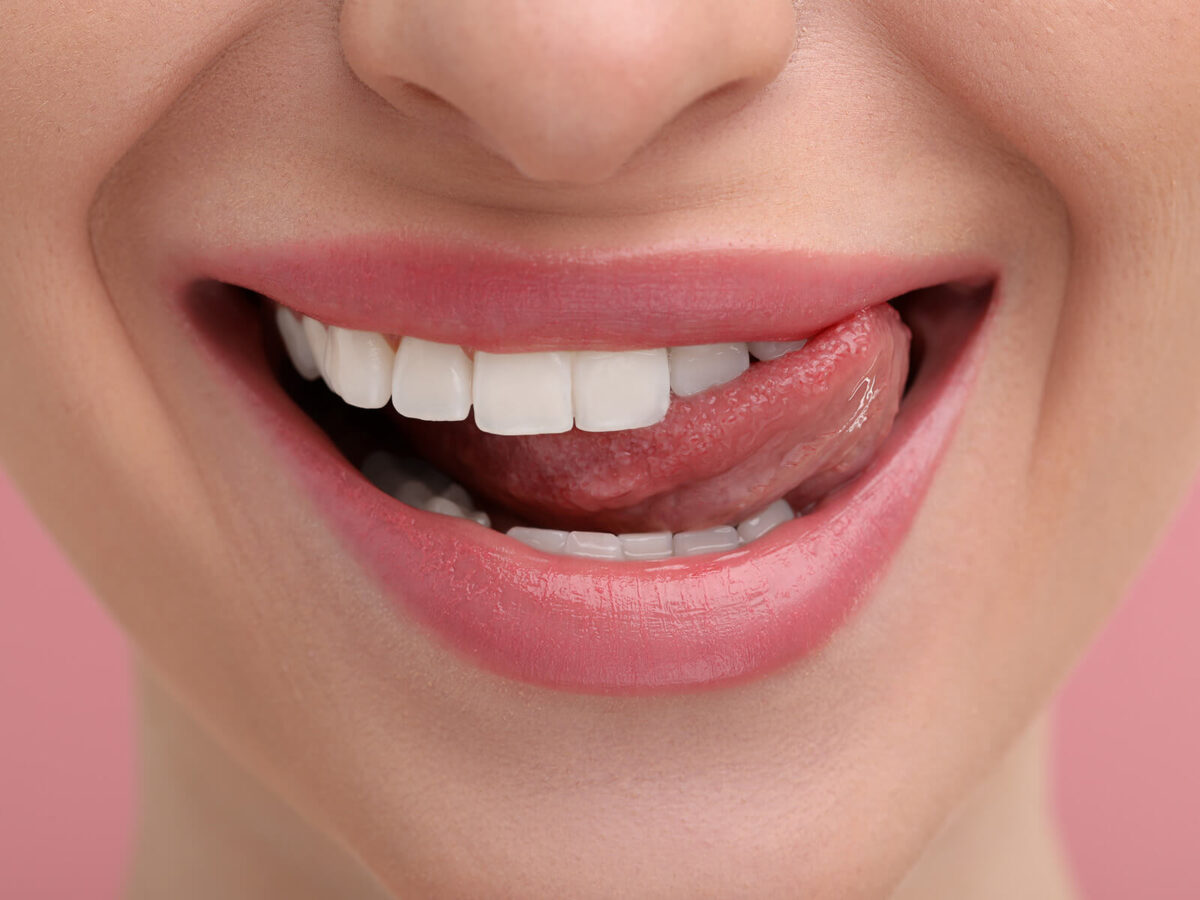Blog
Dental hygiene tips for healthy teeth & gums

What Could Cause a Metallic Taste in Your Mouth?
Do you ever notice a metallic aftertaste in your mouth? While it can be frightening, this strange feeling is more common than you could imagine. Understanding the several reasons for it will help you deal with the problem in a better way. Let us look into different causes of metallic taste in your mouth and how Springtown Dental Office TX can help you combat them.
1. Oral Health Issues
Dental Problems
One of the most common causes of metallic taste is oral health issues. Because of poor oral hygiene, it is possible to have gum disease, tooth decay, or even infections, which may contribute to this unpleasant taste. Regular brushing, flossing, and dental check-ups at Springtown Dental Office TX are crucial for maintaining good oral health and preventing these problems.
Mouth Infections
Another underlying cause for the weird taste in your mouth could be an infection such as gingivitis or periodontitis. It results from bacterial buildup on teeth and should immediately be treated when its symptoms are detected. Do you feel the metallic taste? Visit your dentist’s office immediately to rule out any infections.
2. Medications
Drug Side Effects
Some medications trigger metallic tastes as one of their side effects that may emerge during drug intake. Examples include antibiotics, antidepressants, and over-the-counter vitamins/supplements, among others. If you have recently started taking new medicine yet realized this abnormal sensation, consult a doctor or pharmacist nearby.
Chemotherapy and Radiation
Most cancer patients under medication report having a strange test in their mouth, known as a metallic taste. This treatment affects cells that receive information about food, such as our tongues, causing deficiency disturbances. If this happens during treatment, talk to your doctor, who will know what to do.
Common Medications Causing Metallic Taste
Types of Medications:
- Antibiotics: Metronidazole, Tetracycline
- Antidepressants: Lithium, SSRIs
- Blood pressure medications: ACE inhibitors
- Multivitamins: Zinc, Iron supplements
Treatment-Related Causes:
- Chemotherapy drugs
- Radiation therapy for cancer
3. Systemic Conditions
Diabetes
Diabetes is a systemic condition that might lead to a metallic taste in your mouth. When there is too much sugar in the blood, it changes the way food tastes to you as well as impairs saliva production. If you are diabetic and observe such symptoms, be sure to monitor your levels of blood sugar.
Kidney or Liver Problems
Kidney or liver diseases can also lead to a metallic taste disorder. They help clean toxins from your body. When not functioning properly, they can affect taste sense. Have you experienced other problems accompanying metallic taste? It could be time you visited your doctor for a thorough examination.
4. Nutritional Deficiencies
Lack of Certain Nutrients
Not having certain nutrients causes bitterness since the stomach processes vitamins and minerals. The absence of zinc, vitamin B12, and iron may affect people’s perception of some tastes, leading to disordered sensitiveness in this regard. For this reason, every person should ensure that their diet has all essential minerals and macro elements.
Supplements
Curiously enough, these same supplements used for preventing deficiencies can cause metallic taste disorder in the mouth. Such a feeling is because large amounts of specific vitamins and minerals have been taken by patients. If so, then your dentist, who prescribed them, may change the dosages or deliver advice on what else you can take, noticing the strange feeling you gradually get after taking them.
Key Nutrients Impact on Taste
Important Nutrients:
- Zinc
- Vitamin B12
- Iron
Signs of Deficiency:
- Weakness and fatigue.
- Poor concentration.
5. Other Possible Causes
Pregnancy
Expectant mothers commonly have an unusual taste in their mouths due to hormonal changes. The disorder is referred to as dysgeusia, and it usually goes away within a short time after delivery. Are you pregnant and experiencing changes in your tastes? This is normal, and there is nothing to worry about at all.
Environmental Factors
Furthermore, the use of certain chemicals, such as pesticides, or solvents may result in a metallic taste disorder. Additionally, metal poisoning from sources like mercury or lead can affect your sense of taste. Consult with a doctor if you are exposed to these substances.
Conclusion: Seeking Professional Help
Experiencing a metallic taste in your mouth can be quite unpleasant, so it is necessary to identify the underlying cause to receive the appropriate treatment. Whether it pertains to oral health issues, medications, systemic conditions, or nutritional deficiencies, getting to the root of the problem can help mitigate the symptoms. At Springtown Dental Office TX, the team of experts is committed to assisting you in maintaining optimal oral health and overall well-being.
Are you troubled by a metallic taste in your mouth? Arrange a consultation and explore possible solutions for your dental health needs. They are dedicated to delivering comprehensive care, ensuring that your smile remains healthy and radiant.


